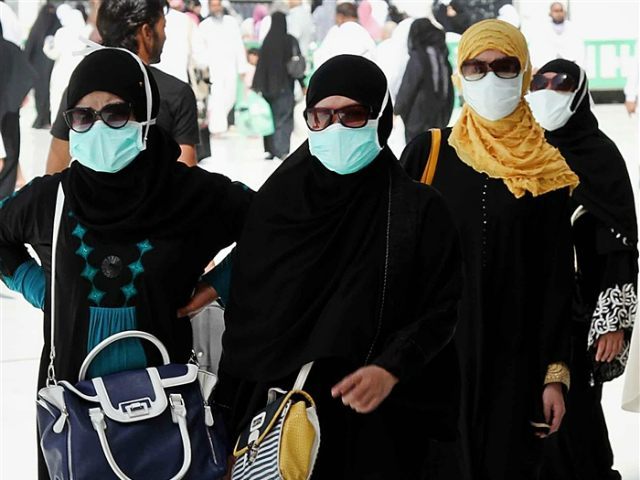Saudi Arabia faces another surge in the MERS coronavirus infections as citizens ready for the Hajj pilgrimage.
The rise in infections forced the government to close the emergency ward at King Abdulaziz Medical City (KAMC-R), the capital’s largest hospital, because it contained “at least 46 people, including hospital staff” infected with MERS.
“In view of… the increasing number of cases of MERS-coronavirus, and due to the around-the-clock large numbers of patients in the ER at KAMC-R and the difficulty of applying quarantine measures, preventive measures have been upgraded,” explained Hanan Balkhi, executive director of the hospital’s Infection Prevention and Control Department.
The hospital confirmed numerous cases “during the past few weeks.” Three men died, aged between 65 and 86.
MERS first appeared in Saudi Arabia in 2012. The health ministry recorded at least 1,118 cases since then, with 483 deaths. The kingdom promised to “dedicate all its efforts to prevent any infectious disease from spreading in the kingdom.” The Hajj pilgrimage in 2014 went off without any medical problems after the government “contracted thousands of health workers” to protect the pilgrims.
Over two million Muslims will make there way to Saudi Arabia in late September for the Hajj pilgrimage to Mecca and Medina. It is a mandatory pilgrimage for Muslims, which must be completed at least once in a lifetime if the person can afford the trip. It occurs during the month of Dhu al-Hijja, the last month of the Islamic year. The pilgrimage appears in the Quran and “commemorates the stories of Abraham, Hagar and Ishmael.” Muslims also believe its strongest aspect is “the unifying effect of bringing together believers from all over the world to meet and worship together.”
The news comes as researchers at the University of Pennsylvania “developed a novel synthetic DNA vaccine that has been shown to induce protective immunity, for the first time, against the virus responsible for” MERS. Scientists tested the vaccine on monkeys, which fought off the virus six weeks after they received the shot. The vaccine helped “by minimizing symptoms.”

COMMENTS
Please let us know if you're having issues with commenting.